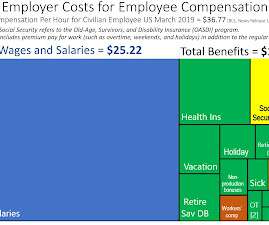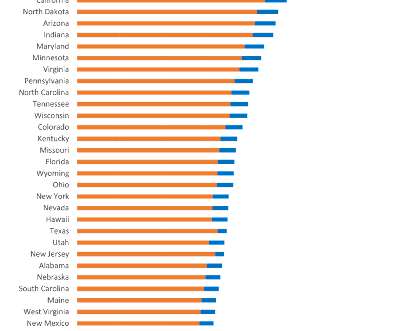Expert Q&A: Understanding the DOL’s Overtime Rules
HR Digest
JANUARY 2, 2020
The overtime rules went into effect on January 1, 2020. Under the new proposal, people earning a salary level of $679 for 40 hours per week (about $35,308 annually), will be eligible for overtime pay based on varied duties. Six discussions were held, and it was decided that the present compensation for overtime was inadequate.

















Let's personalize your content